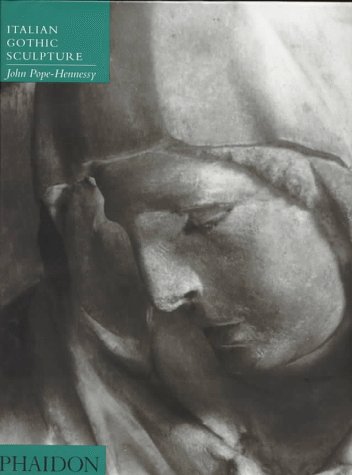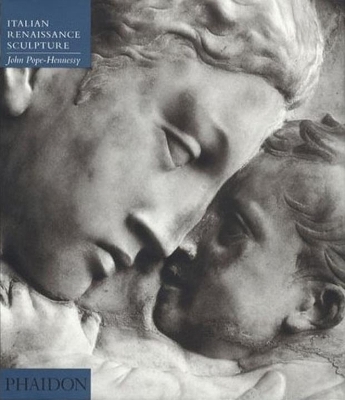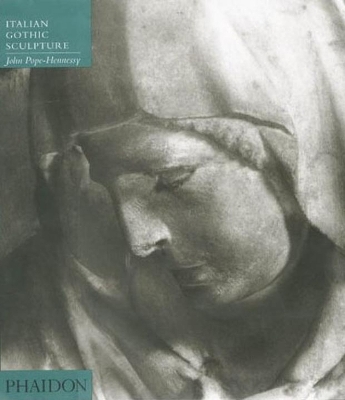Introduction to Italian Sculpture
5 total works
First published in 1955-63, Sir John Pope-Hennessy's classic Introduction to Italian Sculpture still stands as the definitive introduction to the subject. A triumph of clear organization, sustained critical scholarship and certain aesthetic judgement, its three volumes bring order to a huge mass of material, and present a magisterial survey of one of the most creative phases in Western art. These books have long been indispensable for scholars, students, curators, collectors and dealers.
For the fourth edition of this great work, the text has been revised and updated, and new notes and bibliographies have been added. The design has been dramatically transformed, with all the illustrations now appearing in a single sequence integrated with the narrative text. Many new photographs have been obtained, and duotone printing has been used to achieve the highest possible quality of reproduction. This classic work is now reissued in this paperback edition, at a price that will make it also available to students and a wider public.
v.1
First published in 1955-63, Sir John Pope-Hennessy's classic Introduction to Italian Sculpture still stands as the definitive introduction to the subject. A triumph of clear organization, sustained critical scholarship and certain aesthetic judgement, its three volumes bring order to a huge mass of material, and present a magisterial survey of one of the most creative phases in Western art. These books have long been indispensable for scholars, students, curators, collectors and dealers.
For the fourth edition of this great work, the text has been revised and updated, and new notes and bibliographies have been added. The design has been dramatically transformed, with all the illustrations now appearing in a single sequence integrated with the narrative text. Many new photographs have been obtained, and duotone printing has been used to achieve the highest possible quality of reproduction. This classic work is now reissued in this paperback edition, at a price that will make it also available to students and a wider public.
First published in 1955-63, Sir John Pope-Hennessy's classic Introduction to Italian Sculpture still stands as the definitive introduction to the subject. A triumph of clear organization, sustained critical scholarship and certain aesthetic judgement, its three volumes bring order to a huge mass of material, and present a magisterial survey of one of the most creative phases in Western art. These books have long been indispensable for scholars, students, curators, collectors and dealers.
For the fourth edition of this great work, the text has been revised and updated, and new notes and bibliographies have been added. The design has been dramatically transformed, with all the illustrations now appearing in a single sequence integrated with the narrative text. Many new photographs have been obtained, and duotone printing has been used to achieve the highest possible quality of reproduction. This classic work is now reissued in a paperback edition, at a price that will make it also available to students and a wider public.



